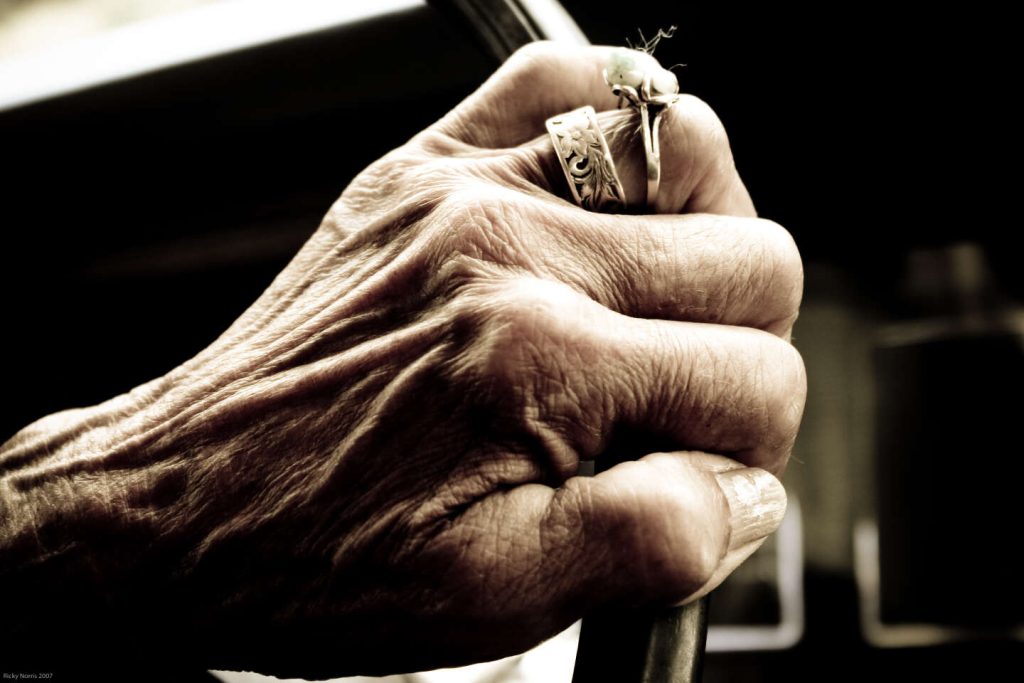In 2021, a survey conducted by the Ministry of Solidarity revealed that nearly two hundred thousand people were sleeping or living in emergency housing centers because they were homeless. Among them, 9% were 50 years old or older, and their life expectancy was significantly lower than the French average. While an emergency plan was announced by the government to help nursing homes facing financial difficulties, it is important not to forget the elderly living in facilities that also lack resources. The impact of extreme poverty on aging is significant, leading to a higher prevalence of chronic diseases such as renal insufficiency, hypertension, diabetes, obesity, and psychological disorders among this population.
People living in emergency housing or stabilization centers are aging in buildings that are not adapted to their needs and are mostly supervised by professionals who are not trained in the specificities of aging or the consequences of chronic illness. These social workers lack medical and social care skills, making it challenging to provide adequate support and care for the elderly population. The financial resources allocated to associations running these facilities often focus on providing basic needs such as shelter, food, and social support, neglecting the specific needs of aging individuals in poverty.
The current focus on basic necessities does not adequately address the goal of “aging well” and achieving dignity and longevity for all individuals, including those who cannot afford healthcare or specialized services such as nursing homes due to financial constraints or administrative difficulties. As a result, it is essential to adapt housing structures to the challenges faced by elderly individuals in precarious situations, such as installing grab bars in bathrooms, prioritizing walk-in showers and non-slip floors, providing appropriate furniture, and creating communal spaces to foster social interaction.
Furthermore, the social support provided to elderly individuals in poverty needs to be supplemented with additional care and assistance in daily activities to ensure their well-being and social integration. Maintaining personal hygiene and proper nutrition can be challenging tasks for older individuals, and they require support to live independently. Enhancing the quality of care and services for this vulnerable population requires increased public funding and a more comprehensive approach to addressing the complex needs of aging individuals living in poverty.
Overall, addressing the unique challenges faced by elderly individuals living in poverty requires a holistic approach that includes adapting housing structures, providing specialized care and support, and increasing public funding to ensure the well-being and dignity of this vulnerable population. It is crucial to recognize the specific needs of aging individuals in poverty and take proactive measures to improve their quality of life and provide them with the support they need to age gracefully and maintain their independence.















